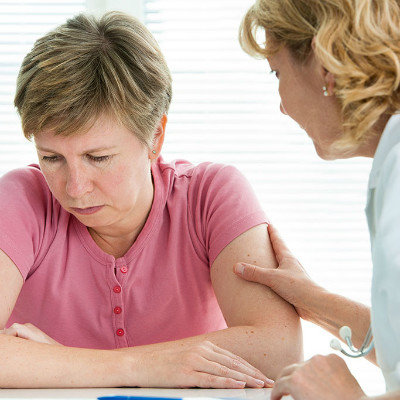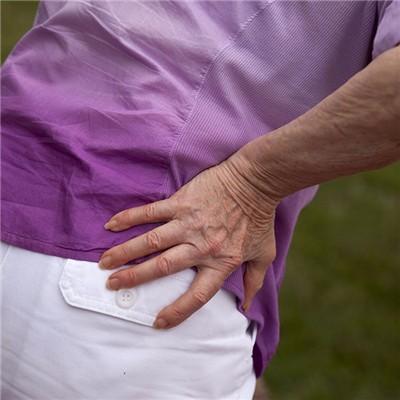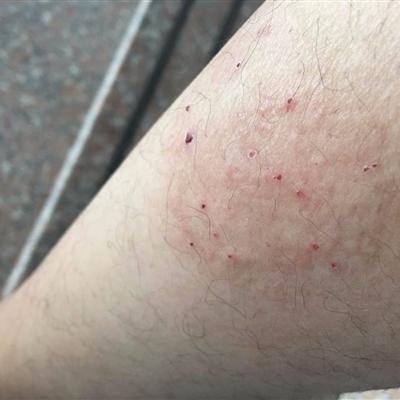What are the symptoms of postmenopausal women?
summary
From menstruation in her teens to pregnancy and childbirth in her 20s and 30s to menopause in her 50s, it seems that women's life is always full of waves. Menopause is an important health "watershed". As the name suggests, menopause refers to a woman's last menstruation. Due to the exhaustion of ovarian follicles, no longer development and secretion of estrogen, can not stimulate endometrial growth, resulting in menstruation stop. Menopause is a normal life phenomenon. For the ancient people whose average life span is not long, female menopause even represents a kind of "liberation", so that they finally do not have to have endless children. However, with the extension of modern life expectancy, women have a long life to face a variety of disease risks after menopause. Therefore, it has become a health barrier, and even let many girls have a "fear of menopause". What are the symptoms of postmenopausal women? Let's talk about it.
What are the symptoms of postmenopausal women?
The essence of menopause is estrogen deficiency caused by ovarian function atrophy, which causes a series of short-term and long-term harm. Just after menopause, most people will appear red and hot, palpitations, chest tightness and other vasomotor dysfunction performance, as well as insomnia, emotional instability, depression and other mental and neurological symptoms, sexual desire and quality of life will also be affected. More importantly, after losing the estrogen, the incidence rate of cardiovascular disease increased significantly, becoming the leading cause of death for women over 65 years old. In addition, a large number of postmenopausal bone loss causes osteoporosis, which significantly increases the incidence of lumbar and hip fractures.

Menopause is a major event in life. We should actively deal with it and minimize its harm. It is necessary for every woman who is going to face menopause to understand the concept of "window period" of menopause management. The so-called "window period" refers to the comprehensive life adjustment and health management within 10 years after menopause and before the age of 60. This window period can be said to determine the health of the next few decades.

If you are over 60 years old, osteoporosis has appeared and cardiovascular damage has occurred. If you are in a hurry, you may not be able to recover.

matters needing attention
In addition to regular work and rest, balanced diet, but also consciously strengthen exercise, smokers should quit smoking immediately, obese people should lose weight. Finally, ask a doctor for help. Through regular physical examination, we can know the physical condition in time; Timely and reasonable estrogen supplement treatment can effectively help relieve discomfort and prevent disease.











